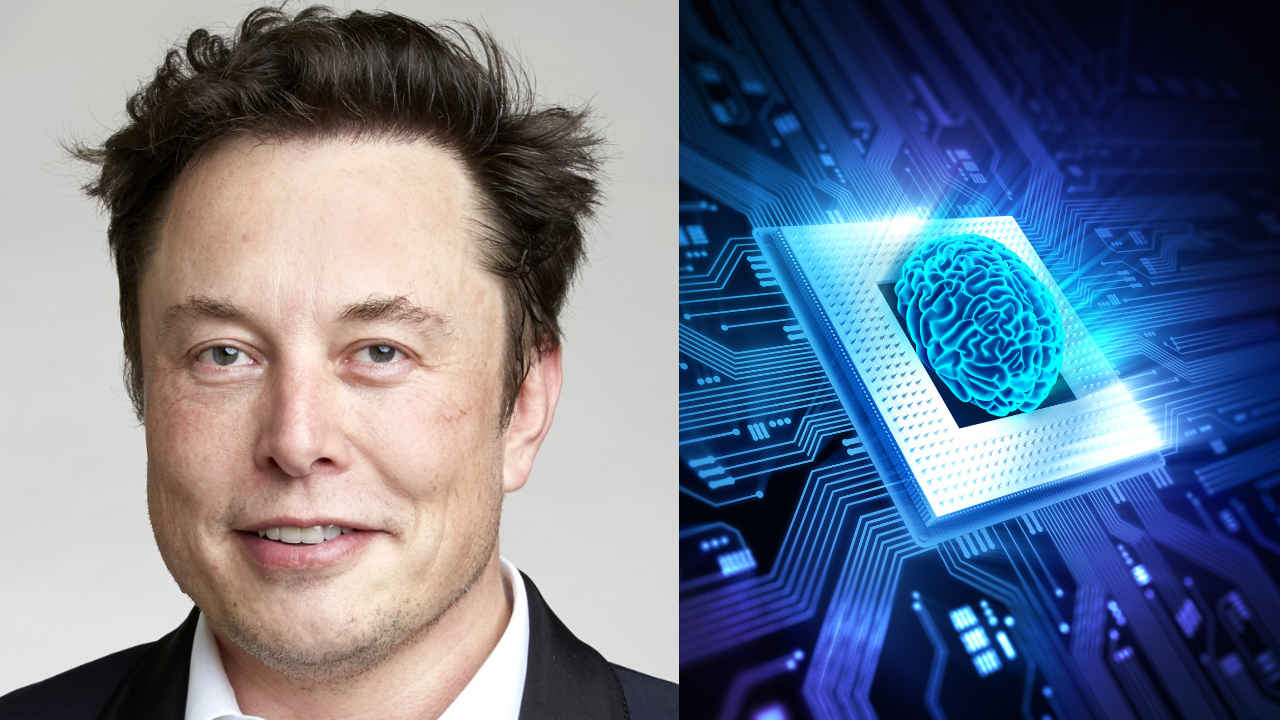The United States Food and Drug Administration (FDA) has granted approval for Elon Musk’s Neuralink company to conduct human trials of a neural implant designed to restore vision in people with blindness. This marks a significant milestone for the company and could potentially revolutionize the treatment of visual impairments.
The Neuralink implant, a small, coin-sized device, is implanted into the brain and is capable of wirelessly communicating with external devices. It is designed to stimulate the optic nerve, bypassing damaged or non-functional parts of the eye.

According to Neuralink, the implant has shown promising results in animal trials, with subjects demonstrating improved vision and even the ability to detect objects and shapes. The company believes that the implant could be a potential cure for various forms of blindness, including age-related macular degeneration, retinitis pigmentosa, and optic nerve damage.
The FDA’s approval for human trials is a major step forward for Neuralink, which has faced challenges in obtaining regulatory approval in the past. The company has faced criticism over concerns about the safety and efficacy of its technology, as well as questions about its potential ethical implications.
However, the FDA’s decision to allow human trials indicates that the agency believes that the potential benefits of the implant outweigh the risks. The agency has imposed strict conditions on the trials, requiring Neuralink to monitor patients closely for any adverse effects and to obtain informed consent from all participants.
The approval of the Neuralink implant has been met with both excitement and caution. Many people with visual impairments are hopeful that the technology could offer them a chance to regain their sight. However, there are also concerns about the potential risks and limitations of the implant.
Some experts have raised questions about the long-term safety of the implant, as well as its potential impact on brain function. There are also concerns about the cost of the implant and the availability of treatment.
Neuralink has not yet announced a timeline for the start of human trials. However, the company has said that it is committed to developing a safe and effective treatment for blindness.
The approval of the Neuralink implant is a significant development in the field of neuroscience and could have far-reaching implications for the treatment of various neurological disorders. If successful, the implant could offer hope to millions of people who are currently living with blindness.



